
Nestled along the banks of Wadi Musheireb, Souq Waqif stands as a vibrant testament to Doha's rich trading history, contrasting beautifully with the city’s modern skyline. With its mud-brick architecture and bustling atmosphere, this historic marketplace is a treasure trove of experiences waiting to be uncovered. Here are 12 compelling reasons to immerse yourself in the charm of Souq Waqif:
1. Discover the Gold Souq
Adorn yourself with intricate gold jewelry, a staple of Middle Eastern traditions. The Gold Souq features a dazzling array of pieces, from opulent headpieces and ornate necklaces to more understated items. Explore the shops where skilled artisans craft stunning designs, ensuring there’s something for every taste and budget.
2. Experience Falconry
Step into the Falcon Souq and come face-to-face with these majestic birds. Falconry is not just a sport; it’s a way of life in Qatar, deeply rooted in tradition. Under the watchful eye of shopkeepers, you can hold a falcon on your arm and learn about this ancient art, including the care and training involved, as well as the significance of falcons in Qatari culture.
3. Meet the Camels and Horses
Visit the camel pen and Emiri Stables to encounter these gentle creatures up close. At the camel pen, observe the playful behavior of camels, known for their unique personalities. The Emiri Stables house beautiful Arabian horses, often seen patrolling the souq, adding to the area’s charm and tradition.
4. Enjoy Retail Therapy
Explore the winding alleys and discover a treasure trove of goods, from handcrafted shoes and stunning textiles to antiques and local art. Each shop tells a story, offering unique items like traditional Qatari attire, handwoven rugs, and local musical instruments, including the oud, a stringed instrument with a rich history.
5. Engage with Local Art
Marvel at the beautiful woodwork, hand-painted tiles, and colorful lanterns that adorn the Souq Waqif Art Centre. Here, you can watch local artists at work, participate in workshops to create your own art, or purchase unique pieces that capture the essence of Qatari culture.
6. Spice Up Your Life
Follow the aromatic trail to the spice stalls, where vibrant aromas fill the air. Discover a wide array of spices, including saffron, za'atar, sumac, and dried black lemons. Engage with shopkeepers who can guide you through the exotic flavors and help you find the perfect spices for your culinary adventures.
7. Dive into the World of Pearls
Visit a pearl shop and engage with a former pearl diver who will share captivating stories about Qatar’s pearling industry, once the backbone of the economy. Browse the stunning collection of pearls in various hues—white, pink, and grey—and learn about the techniques that make these gems so sought after.
8. Discover Local Beauty Secrets
Indulge in traditional fragrances and cosmetics like oudh, musk, and argan oil. The souq offers a delightful selection of local beauty products. Treat yourself to a fresh henna tattoo applied by skilled artists, who create intricate designs that reflect cultural heritage.
9. Savor the Flavors of the Souq
From street vendors to upscale restaurants, the souq is a culinary paradise. Sample an array of local delights, from savory samosas and stuffed vine leaves to sweet treats like kunafa and baklava. Don’t miss trying the famous karak tea, a spiced milk tea that’s a beloved local favorite.
10. Chill like a Local
As night falls, Souq Waqif transforms into a social hub. Unwind with friends at the roadside cafés, where you can enjoy Arabic coffee, fresh fruit juices, and shisha with flavored tobacco. Many cafés also show live sports, and you may find locals engaged in backgammon games, adding to the lively atmosphere.
11. Live like Persian Royalty
Step into Parisa, a dazzling eatery that exudes opulence with its intricate mirrorwork and antique glass lanterns. This restaurant offers an exquisite dining experience, featuring Persian cuisine that combines rich flavors and aromatic spices, all within a breathtaking setting.
12. Enjoy Cultural Performances
During the cooler months, the souq comes alive with cultural performances, costume parades, and street shows. Experience vibrant street life during festivals like Shop Qatar and Eid, where the open courtyards host exhibitions and performances that celebrate Qatari heritage and artistry.
Getting There
Souq Waqif is easily accessible by car, taxi (including Uber and Karwa), or via the Gold Line metro, which stops directly at the Souq Waqif station. There’s also convenient underground parking available for those driving.
Immerse yourself in the vibrant atmosphere of Souq Waqif, where tradition meets modernity, and each moment offers a new discovery. This historic souq is a must-see destination for any visitor to Doha, promising an unforgettable experience that will leave you with lifelong memories.




.jpg)

.jpg)






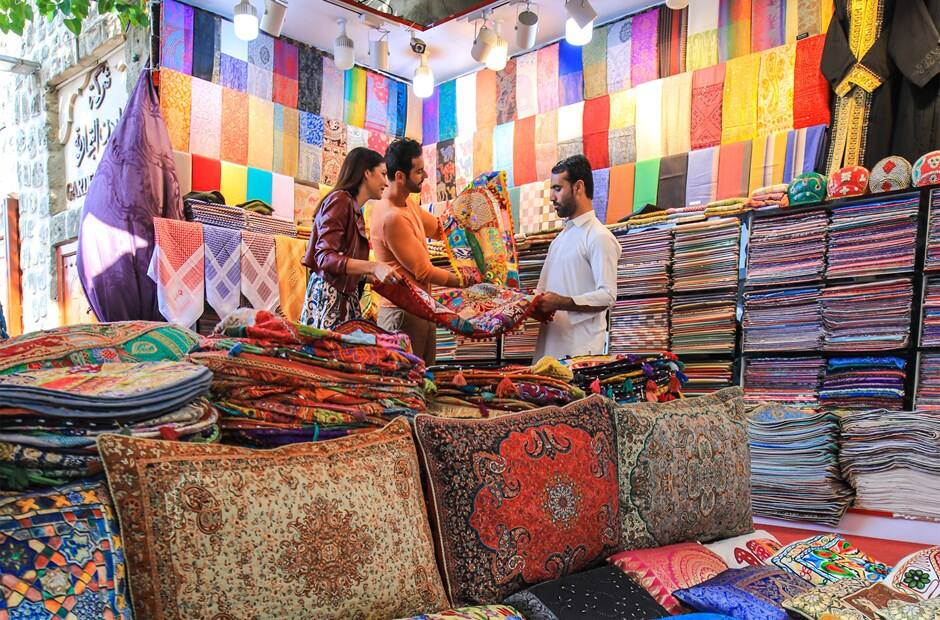

.jpg)
.jpg)
.jpg)
.jpg)


.jpg)
.jpg)

.jpg)
.jpg)
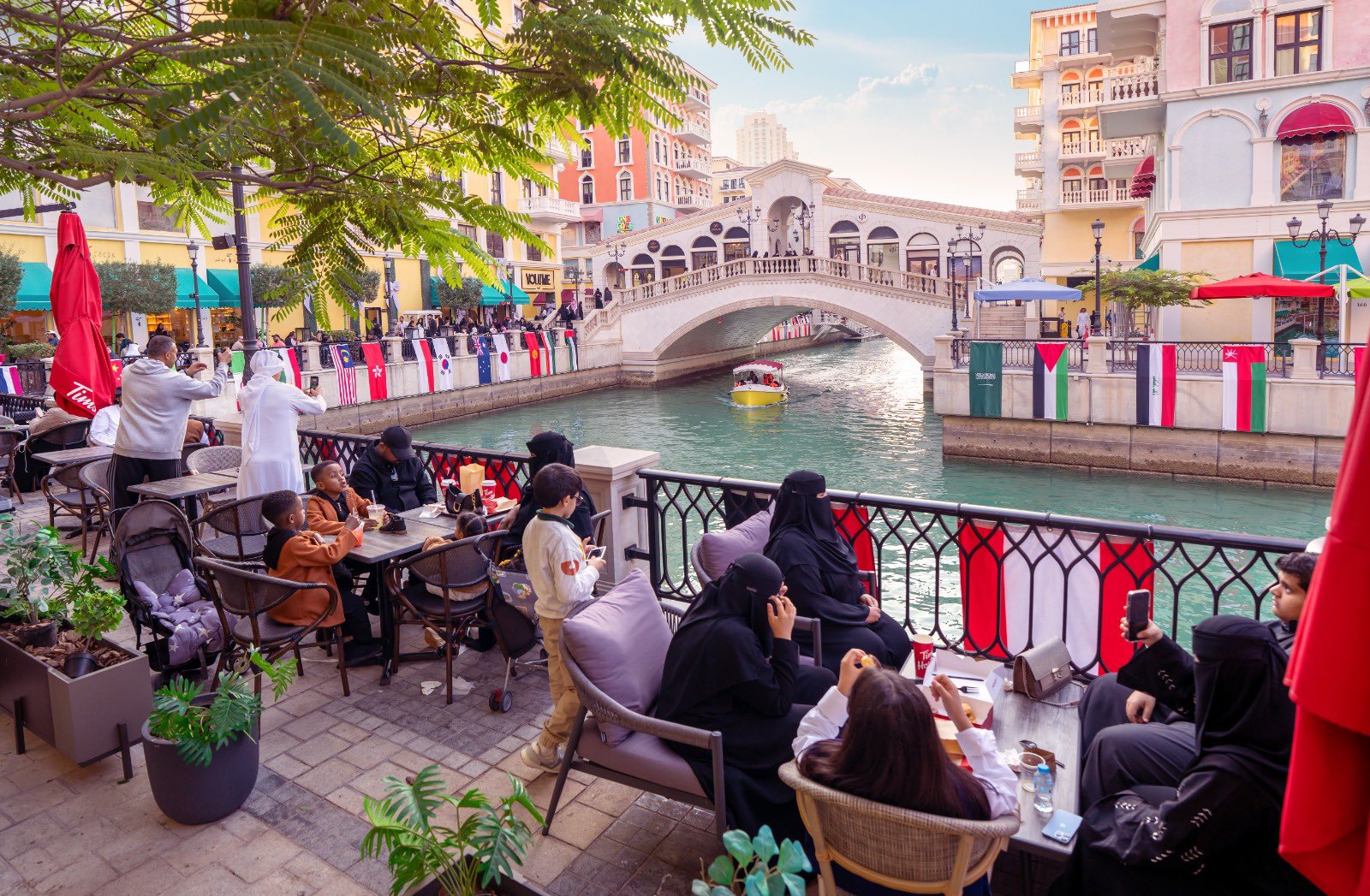
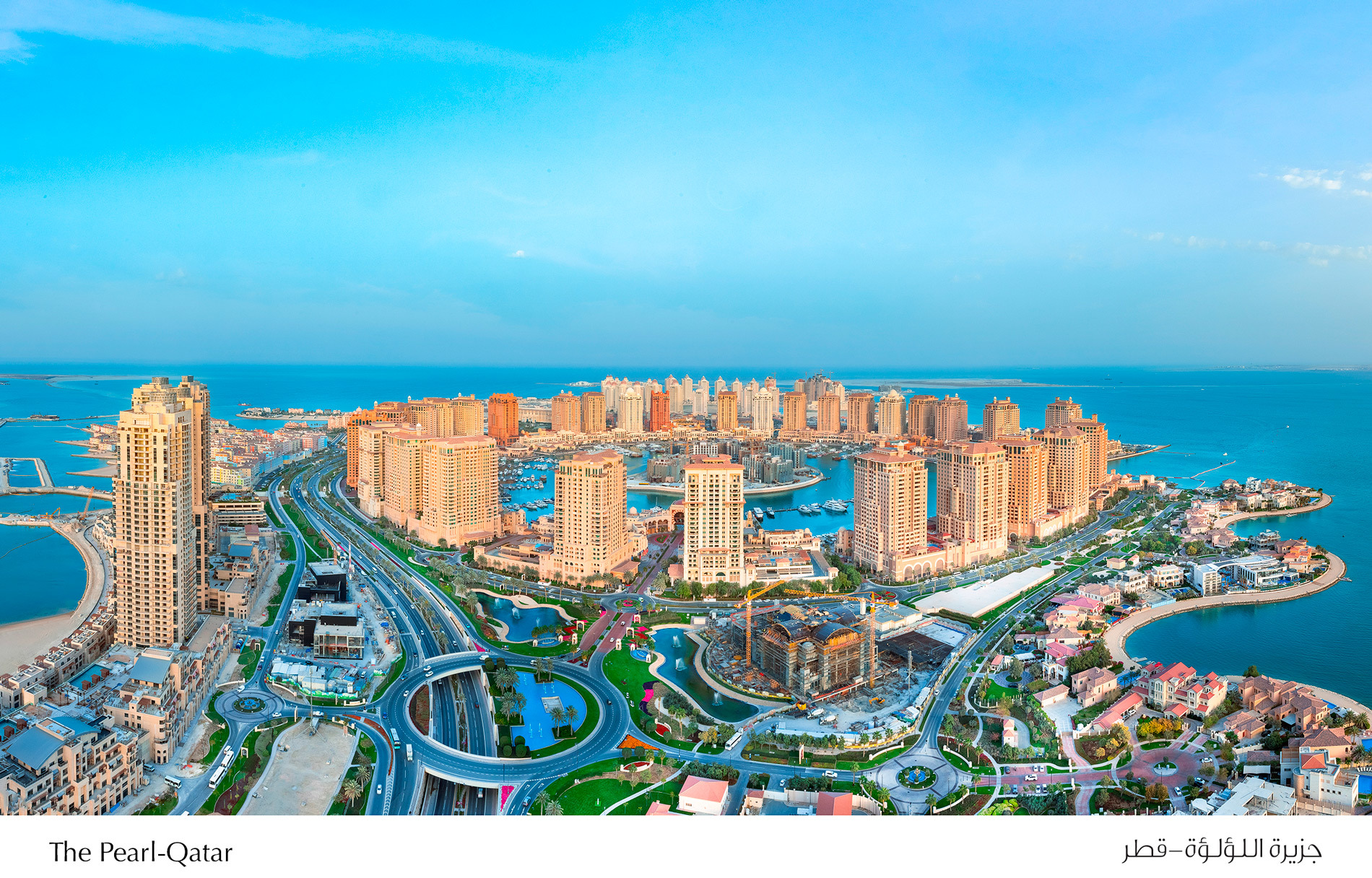


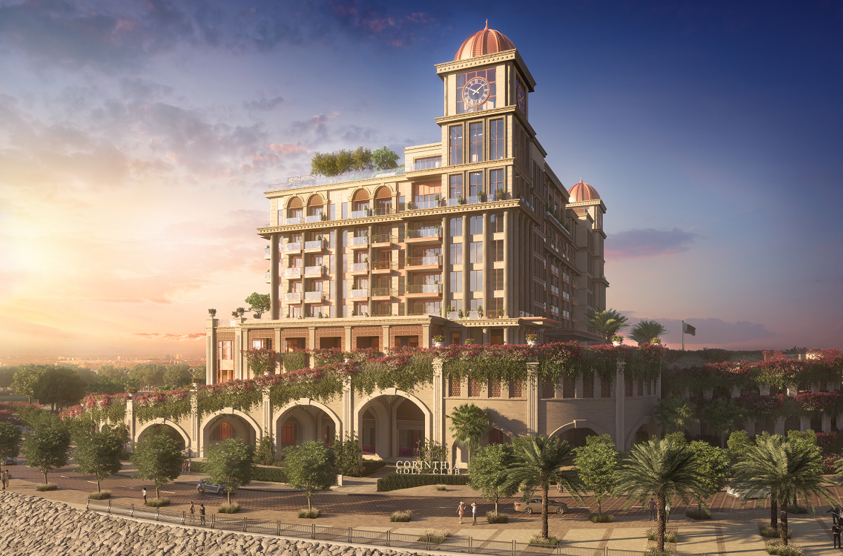
.jpg)
.jpg)
.jpg)
.jpg)





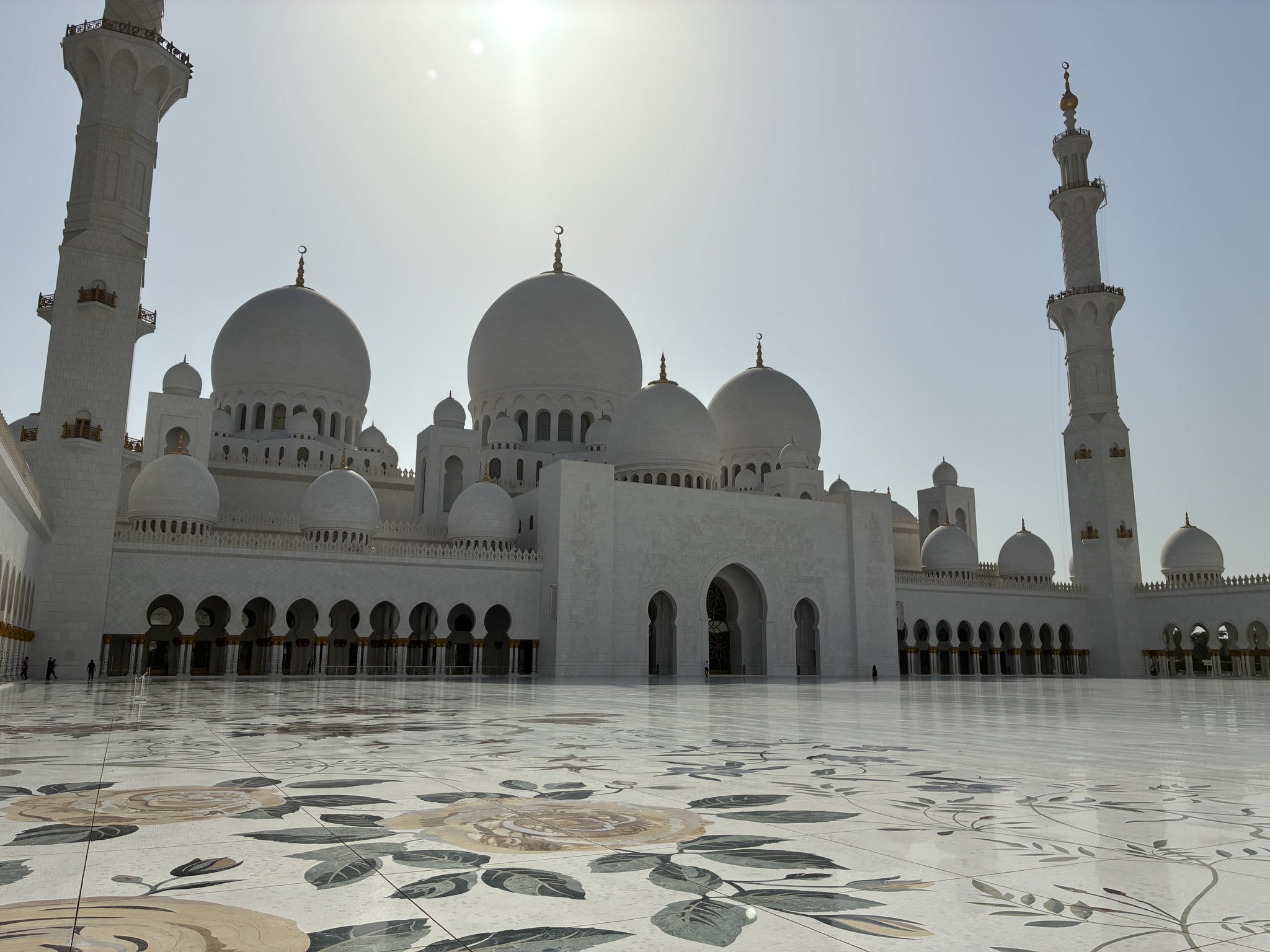
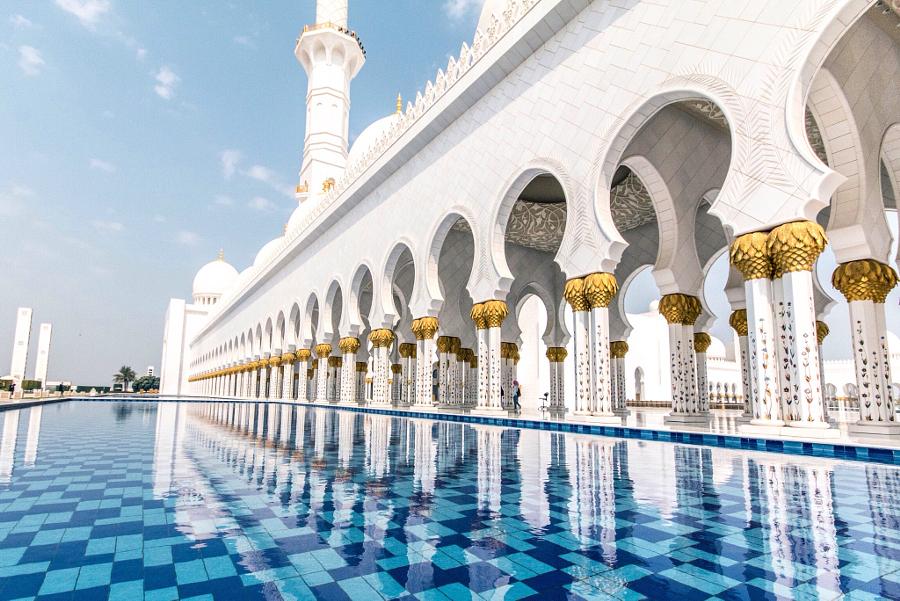
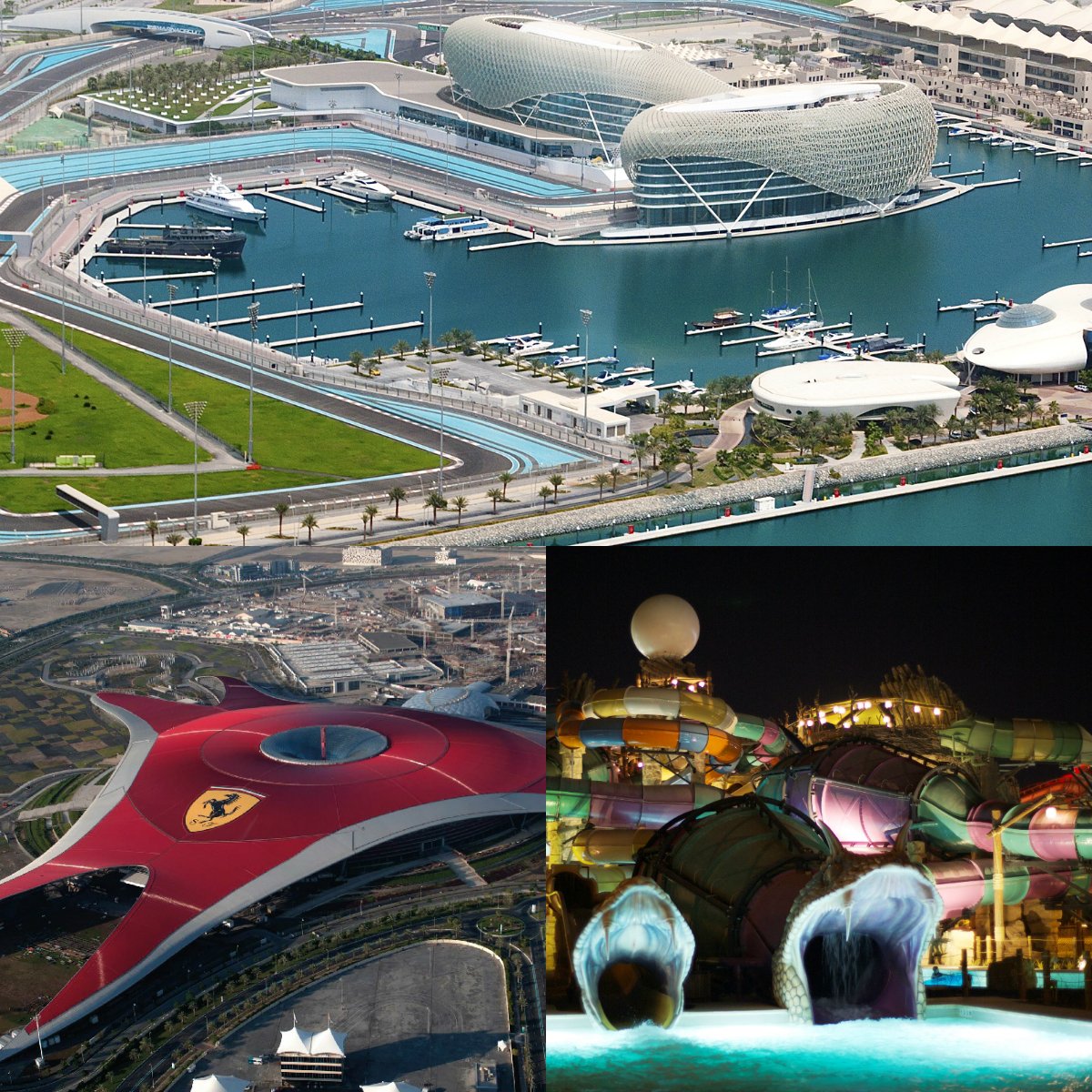
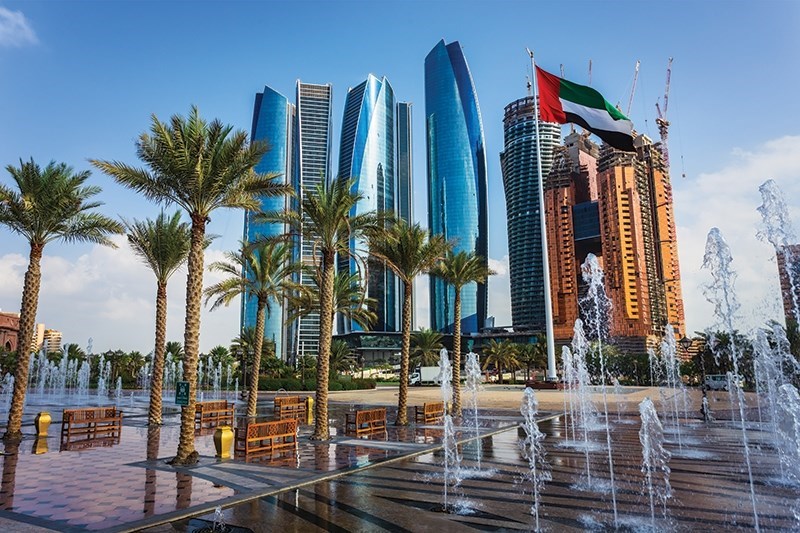
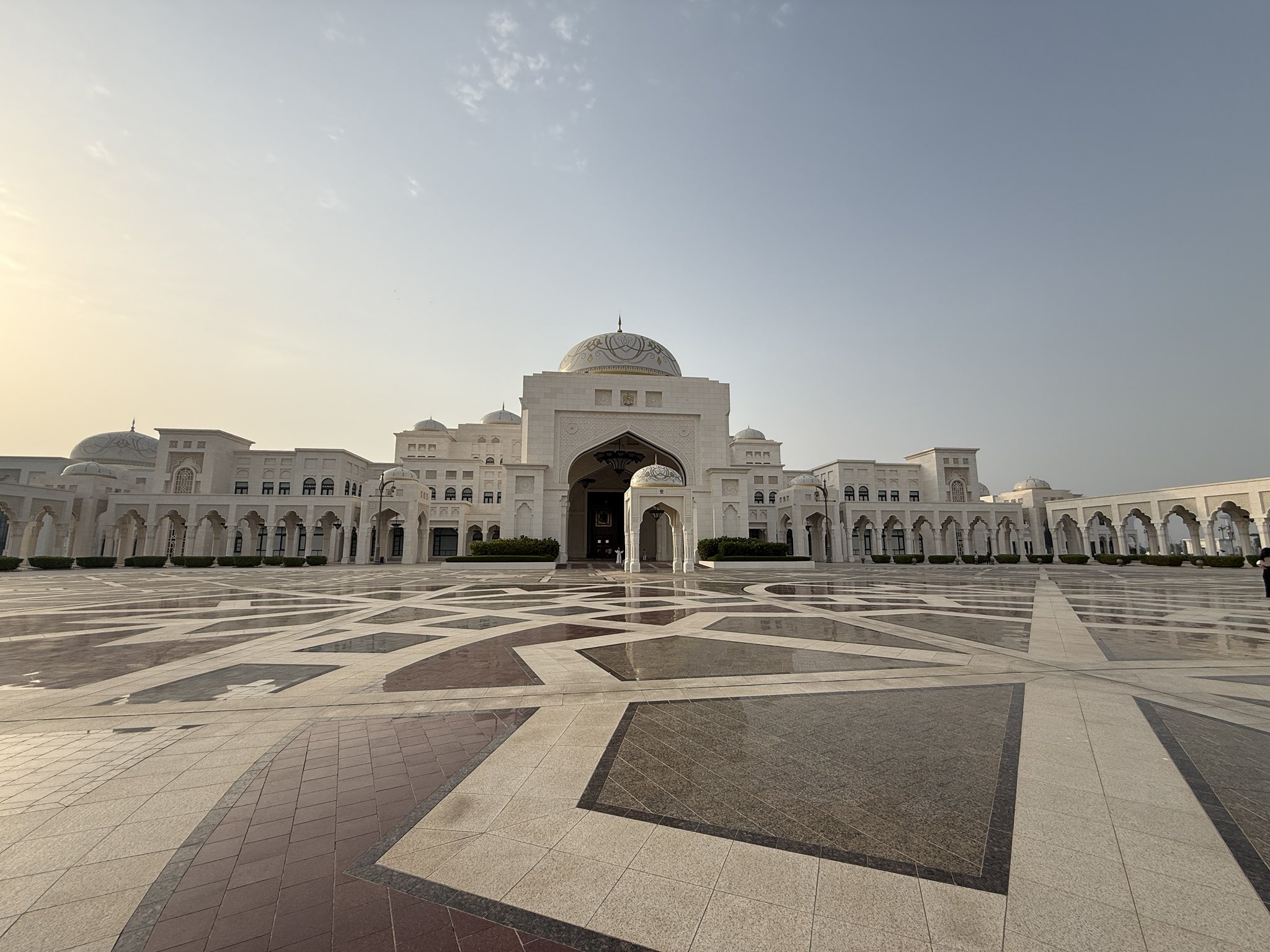
.jpg)





.jpg)
.jpg)

.jpg)




.jpg)

.jpg)

.jpg)










